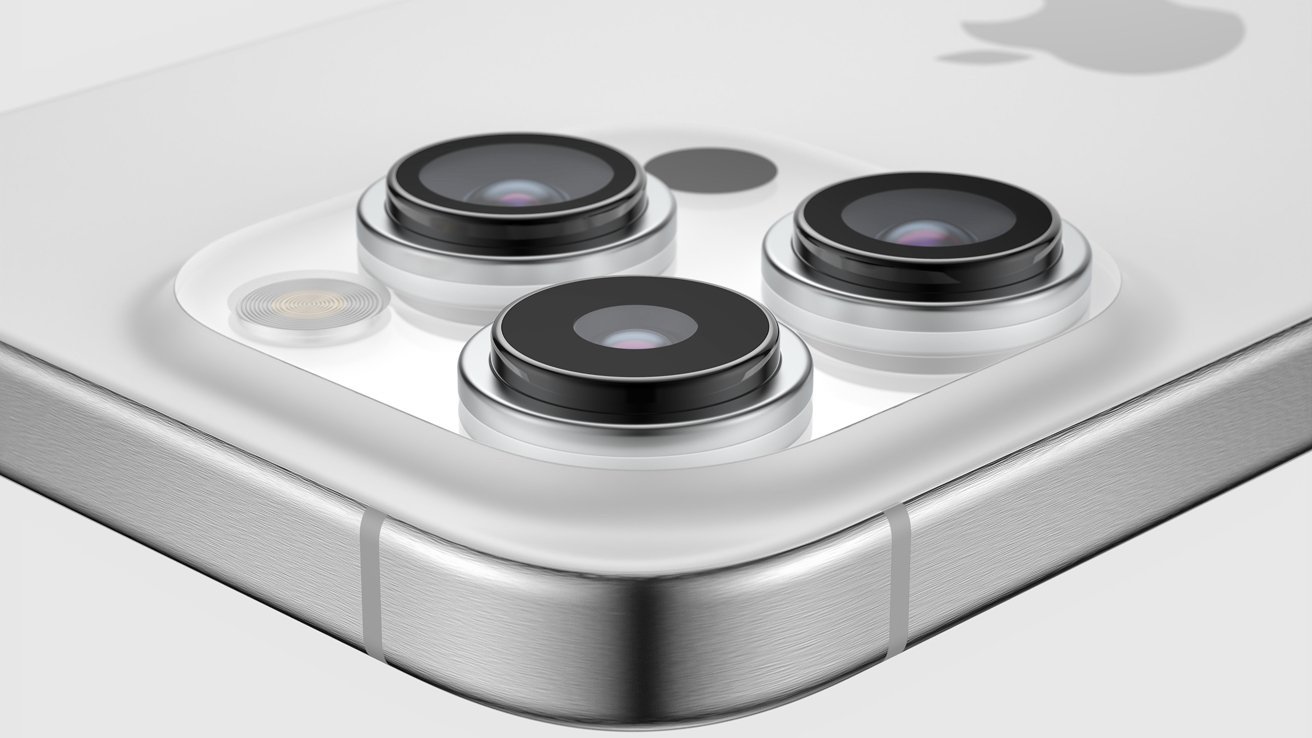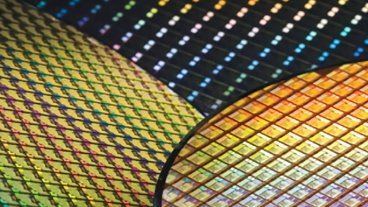In a major update to the camera system, analyst Ming-Chi Kuo says the iPhone 18 Pro's wide angle lens will be upgraded to have a variable aperture.
Rumors concerning the cameras in the forthcoming iPhone 17 range and later have previously varied from saying they will get better bokeh, to how the front camera's resolution will double to 24MP. Now analyst Ming-Chi Kuo claims to have specific information that the iPhone 18 Pro will gain this variable aperture update.
In a blog post that he says is based on his own industry sources, Kuo says that this update will "significantly improve the user's photography experience."
That's no exaggeration either, as one thing it means is that the iPhone camera will be able to adjust itself to the current lighting conditions. So before a shot is taken, and before any computational photography calculations are applied, the camera will control the amount of light hitting its sensor.
Then, too, a variable aperture lens should be able to improve focus and depth of field. It would also give photographers more bokeh or sharp focus options.
iPhone 18 rumors
Separately, the iPhone 18 Pro is expected to use a 2nm processor. Kuo said in September 2024 that because of cost, the 2nm processors may be constricted, possibly even to the point where it is only in the iPhone 18 Pro Max.
That processor is expected to be called the A20, and there have been claims that it will feature a revision to what's called chip packaging. Rather than the current system of putting everything — the cores plus RAM, for instance — onto a single chip, Apple could break it out into several items.
This doesn't have any end-user benefit to speak of. It may enhance Apple's ability to reduce how many motherboard variants it needs to make, and add RAM modules with different densities as it sees fit for demand needs.
One more feature that may now wait until the iPhone 18 Pro is under-screen Face ID. Whenever it comes, this would eliminate the need for the notch, which first appeared with the iPhone X in 2017.
 William Gallagher
William Gallagher







-m.jpg)






 Bon Adamson
Bon Adamson
 Marko Zivkovic
Marko Zivkovic
 Wesley Hilliard
Wesley Hilliard
 Amber Neely
Amber Neely

 Malcolm Owen
Malcolm Owen






-m.jpg)



9 Comments
I wish people reporting on this asked someone with the first clue about photography: phone cameras already have waaay too small apertures, and this tech can only further reduce them, not magically enlarge them: it's like installing blinds on your windows and hoping you'll get more light inside. There's either a second, more important change (that somehow enables a wider aperture that this can then in turn stop down), or else this is a purported invention that will take a problem and make it possible for the user to make it even worse. Bokeh for one would get further reduced (or rather non-existent) if you added a variable aperture to today's lenses.
According to the information on 2022 from the chairman of Largan, one of the biggest camera module supplier of mobile phone in the world from Taiwan, and it is one of the the main supplier to iPhone too, there is a bottleneck to optimize “ Variable aperture”, he explained that there are 2 fixed aperture in the lens, and it is really hard to optimize the performance for both, that mean you can do better or say optimize to just one aperture, then get a inferior result from the other aperture, if you try to balance the performance, as a result, you will have not good enough image from both aperture.
Fast forward to 2024, the same chairman said the company will capable to provide the “Variable aperture” lens around 2026-2027 to main customer and upgrade the resolution of the periscope lens on 2025-2026.
The time frame match what Mr. Kuo said, but I have to mention that he may saying another supplier of iPhone, Sunny Optical from China, I don’t have any internal figures, it should be the biggest camera module supplier of iPhone by now, and it is a very aggressive market leader in the world.
I think the variable aperture will be used for depth of field stimulation more than anything else. Lens are already the fastest as possible on tiny sensors, but a camera with a variable aperture can take a few pictures in a rapid burst and compare the DOF for better DOF simulation.
Nano-lenses are still a few years out, 2026 it is SUPPOSED to be.. Or has there been a significant hurdle in manufacturing or some sort of obstacle? I assume the tech will shatter all these kinds of restrictions in cameras.
https://youtu.be/6sAANU5TjS0?feature=sharedI suspect the tech will shatter CPU technology and rid us of the messy and chaotic electrons for processing aswell... Which does leave the opportunity for a great shift in processing speeds in the coming decade. (Also it will up-end the silicon industry)Any thoughts @MacPro ?